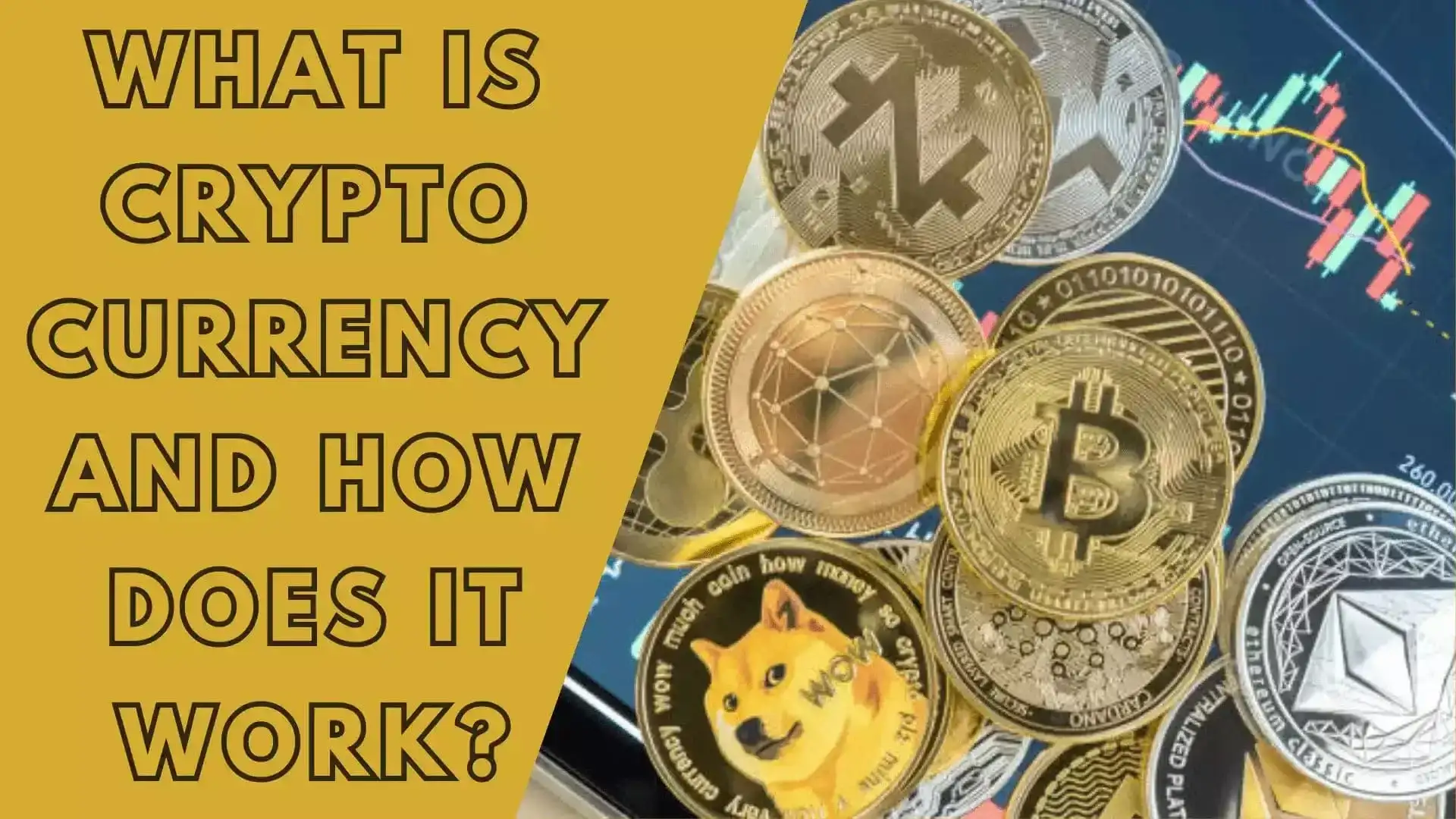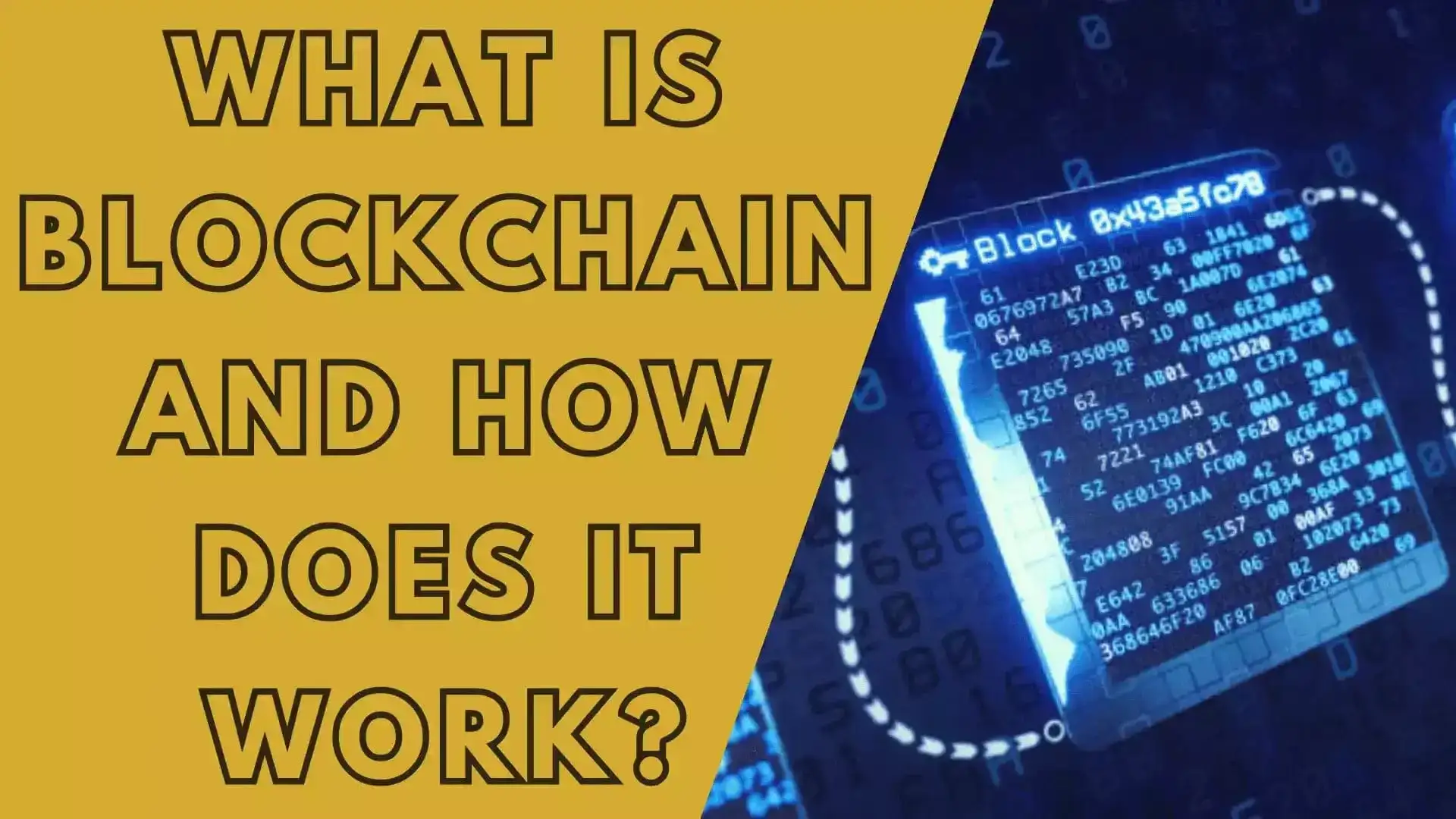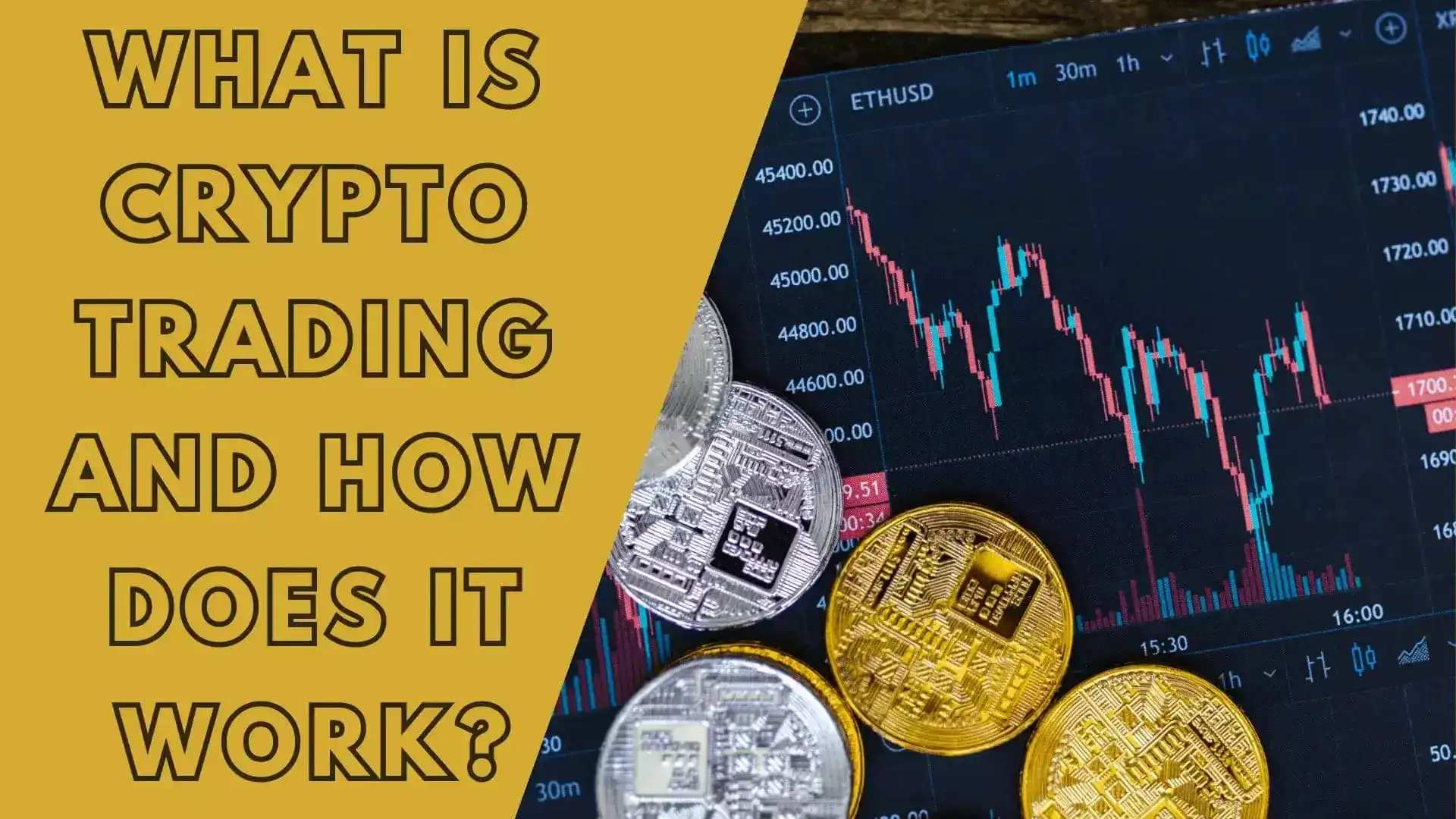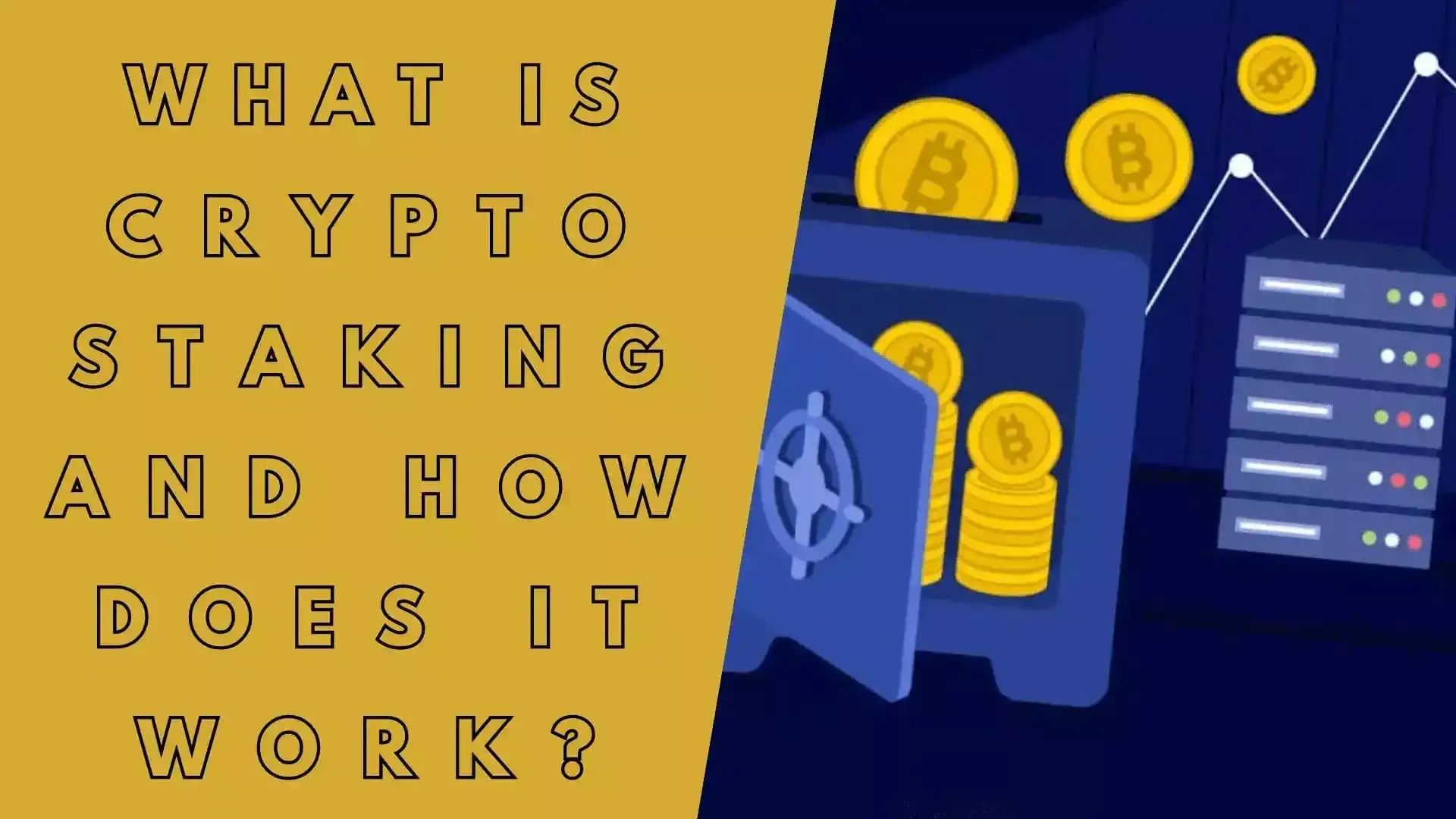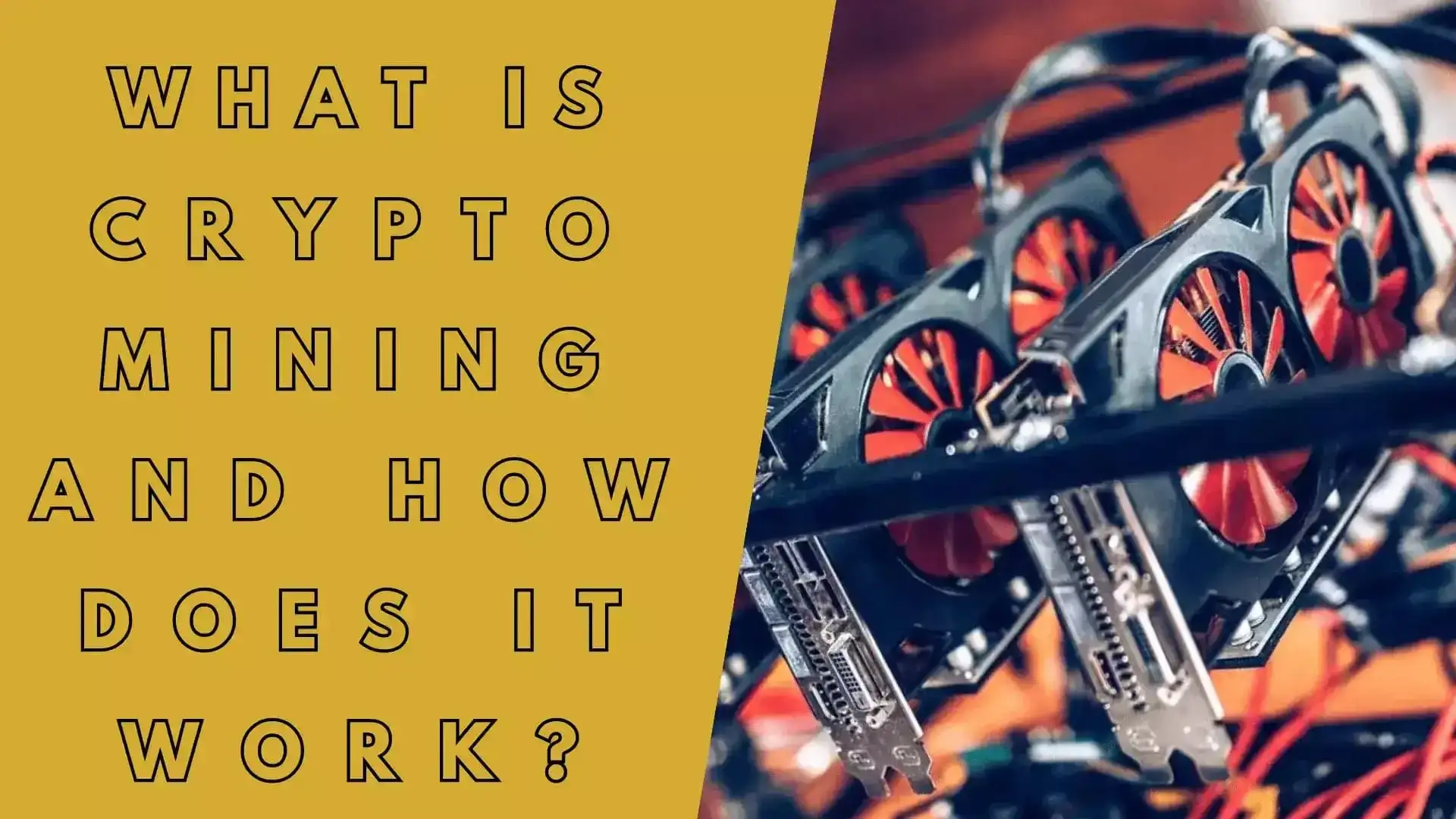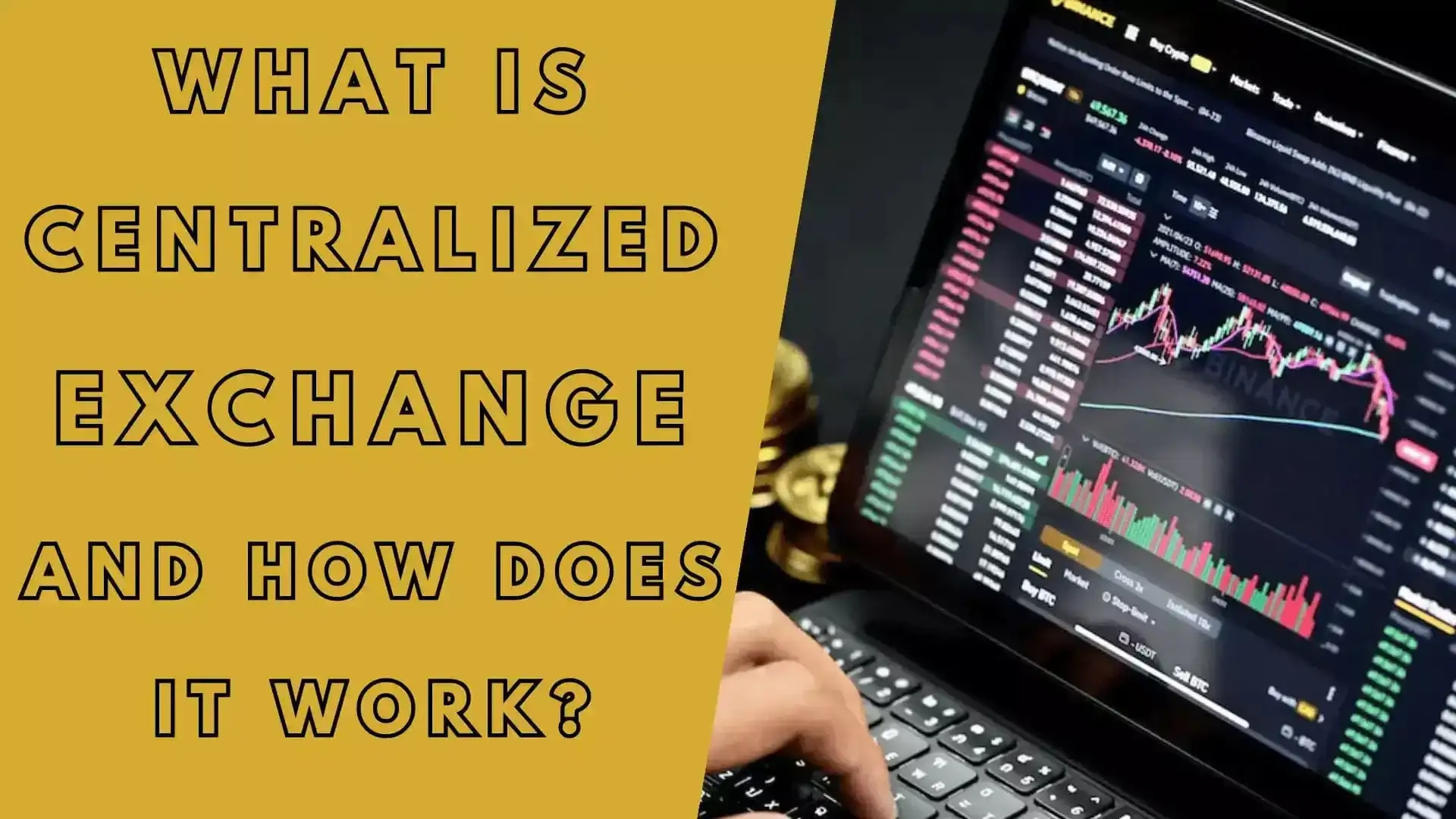What Are Decentralized Derivatives and How Do They Work in DeFi?
Decentralized derivatives are financial instruments that are built on decentralized finance (DeFi) platforms. These derivatives allow users to trade and speculate on the price movements of an underlying asset without owning the asset itself. They are typically created and traded using smart contracts on a blockchain. In traditional finance, derivatives are usually traded on centralized exchanges and are heavily regulated.
Decentralized derivatives, on the other hand, leverage blockchain technology to provide a decentralized and more accessible trading environment. They offer users benefits such as global access, improved transparency, reduced counterparty risk, and censorship resistance.
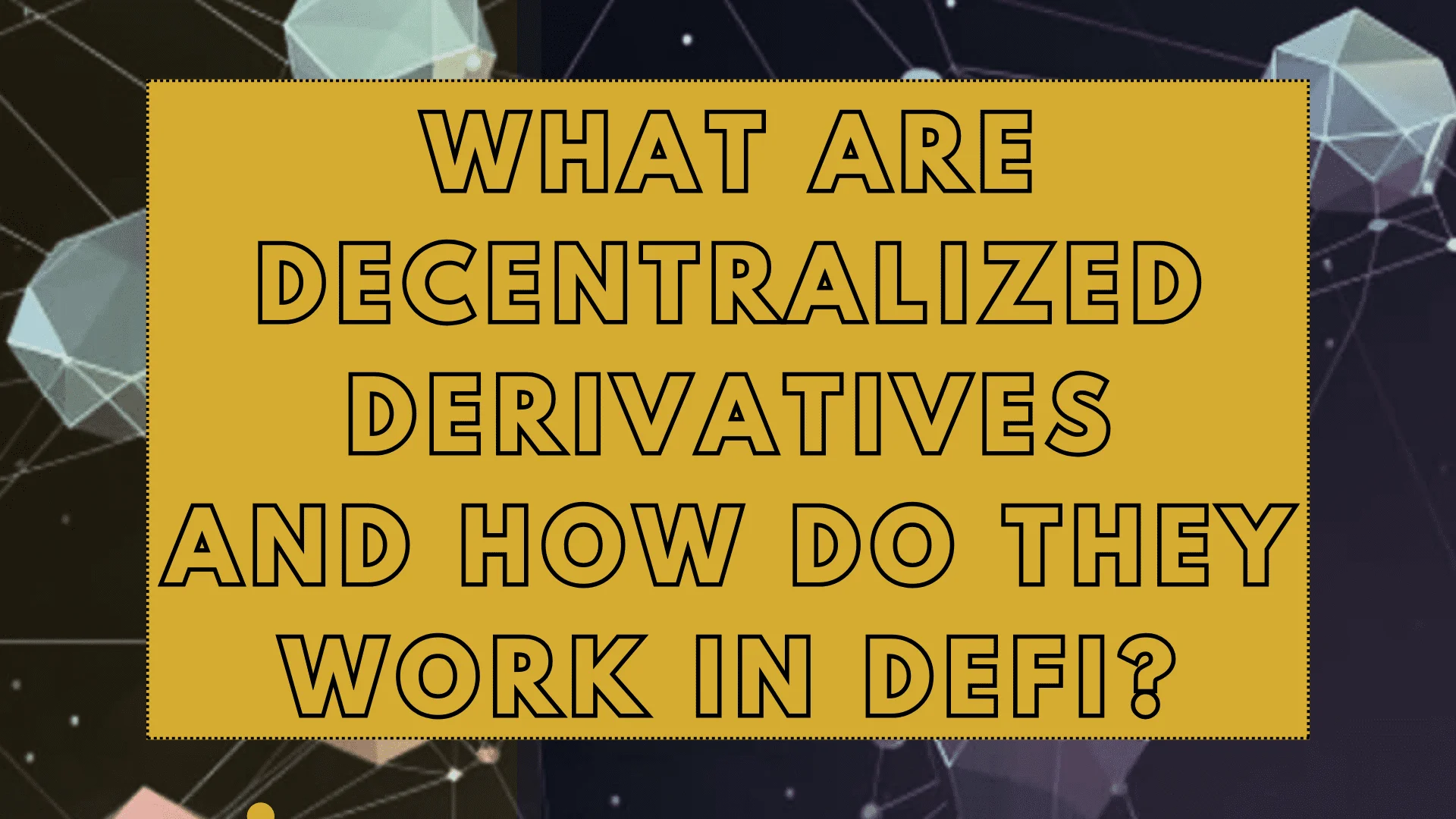
Posted on 12 Dec 2023
Here's how decentralized derivatives work in DeFi:
- Smart Contract Creation: A smart contract is created on a blockchain platform, such as Ethereum, to represent a derivative. The smart contract defines the terms and conditions of the derivative, including the underlying asset, expiration date, price oracle, and settlement mechanism.
- Tokenization: The underlying asset is tokenized on the blockchain. For example, if the derivative is based on the price of Bitcoin, a token representing Bitcoin (e.g., WBTC) is used.
- Trading: Users can trade the derivative tokens on decentralized exchanges (DEXs) or specialized derivatives platforms. The trading is facilitated by interacting with the smart contract. Users can take long or short positions, speculating on the price movement of the underlying asset.
- Price Oracle: A price oracle is used to provide the current price of the underlying asset. Oracles fetch data from various sources, such as decentralized or centralized exchanges, and feed it to the smart contract. The smart contract uses this price data to determine the value of the derivative and settle positions.
- Settlement: When the derivative contract expires, the settlement process takes place. The smart contracts calculates the payout based on the price of the underlying asset at expiration. This payout is then distributed to the relevant parties based on their positions.
It's important to note that decentralized derivatives in DeFi are still an emerging area and face challenges related to scalability, liquidity, and regulatory compliance. However, they offer exciting opportunities for users to participate in the derivatives market in a decentralized and permissionless manner.
